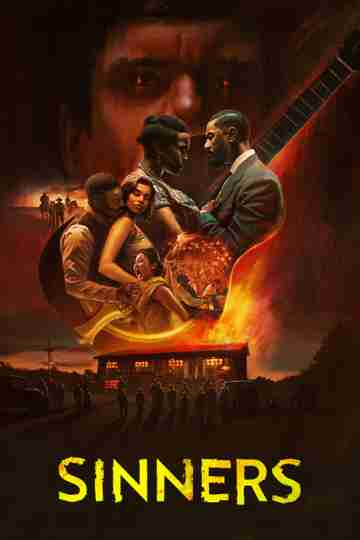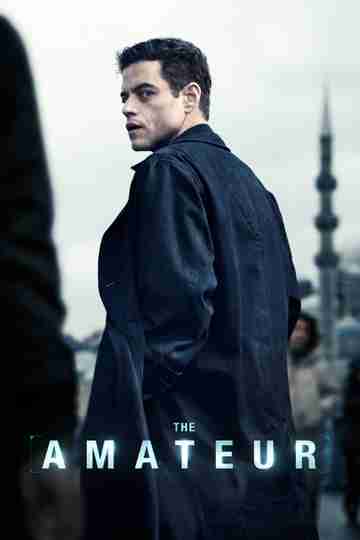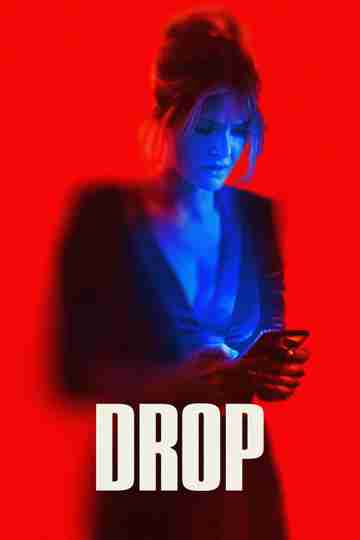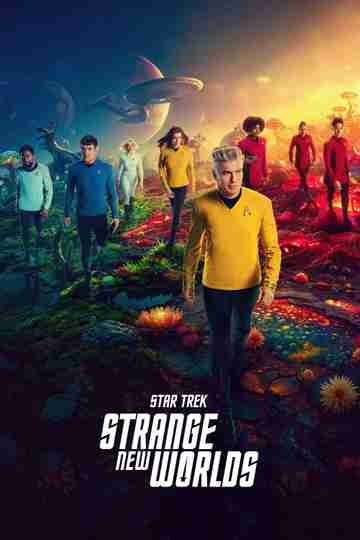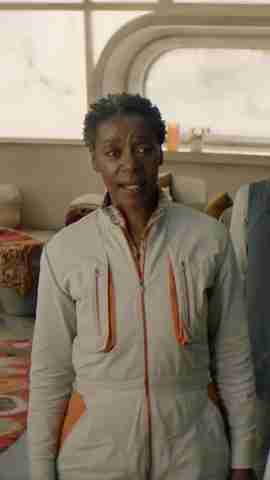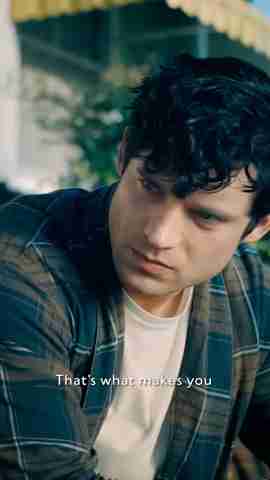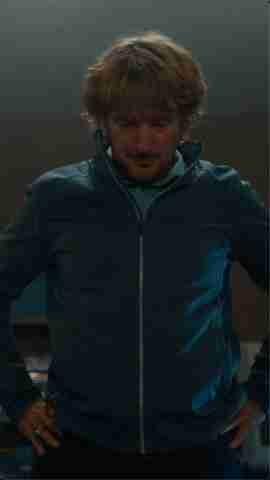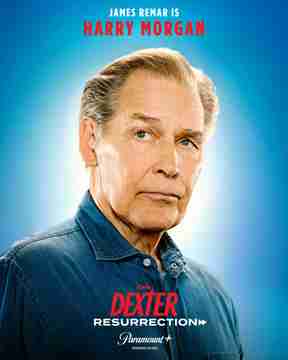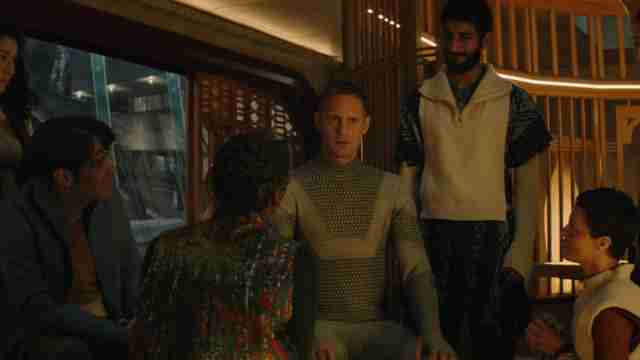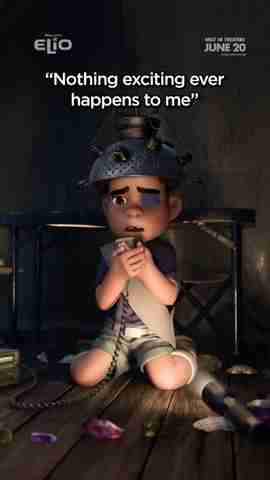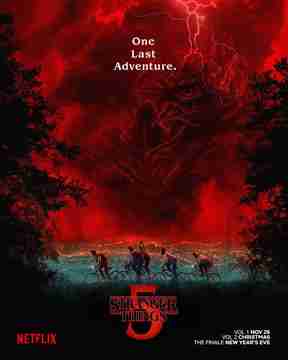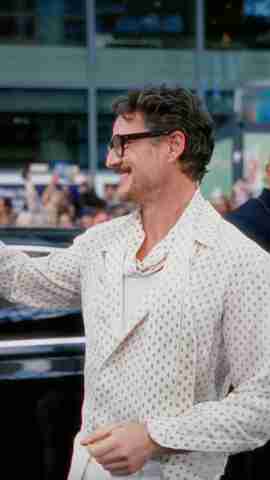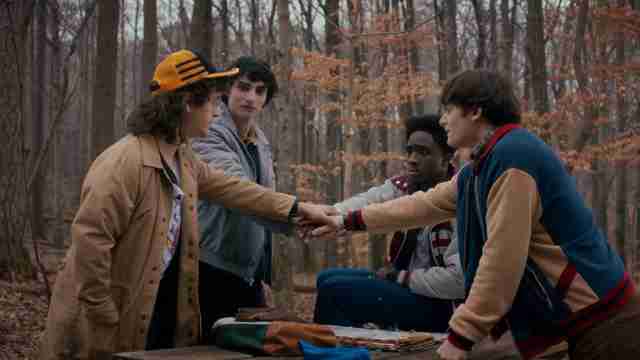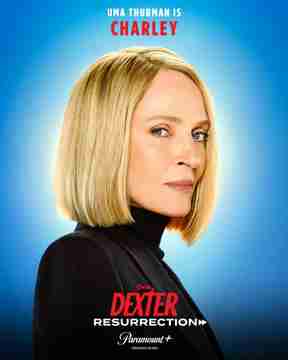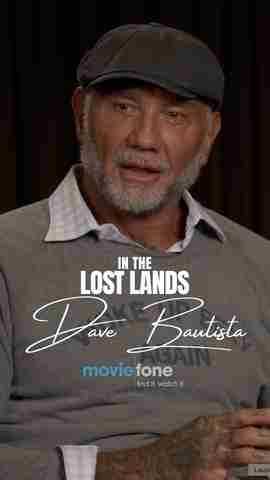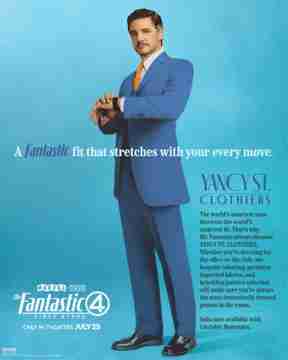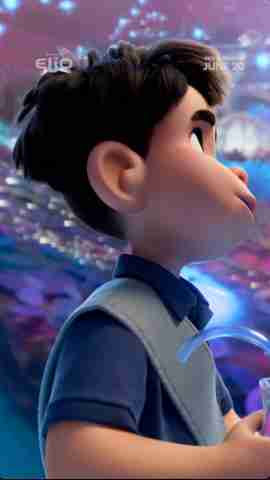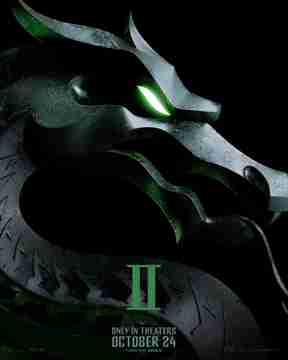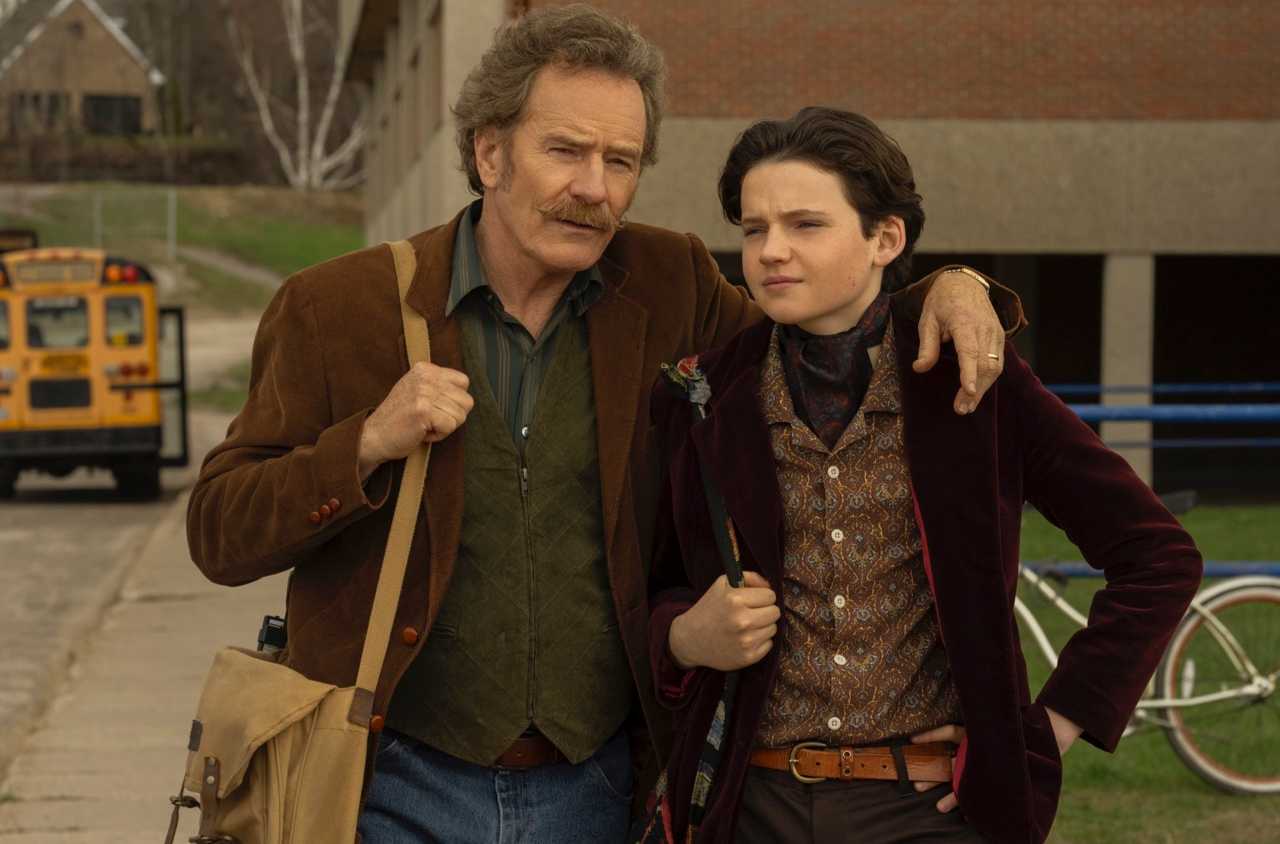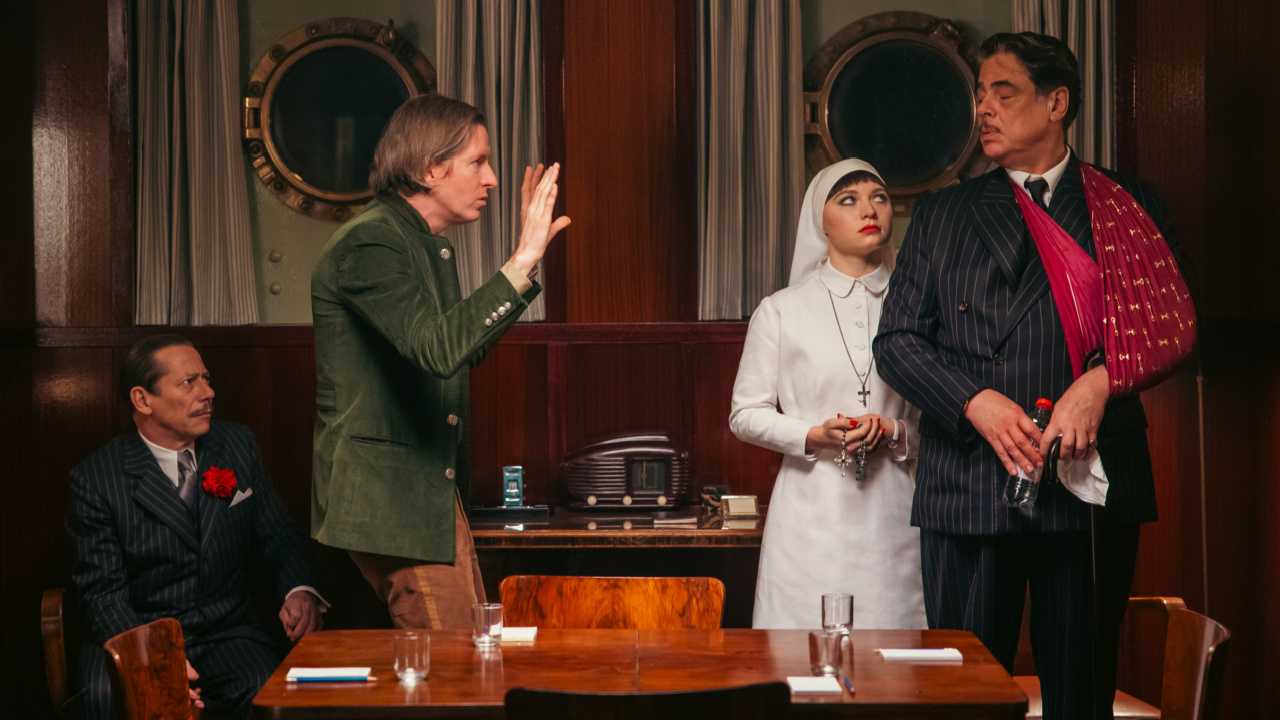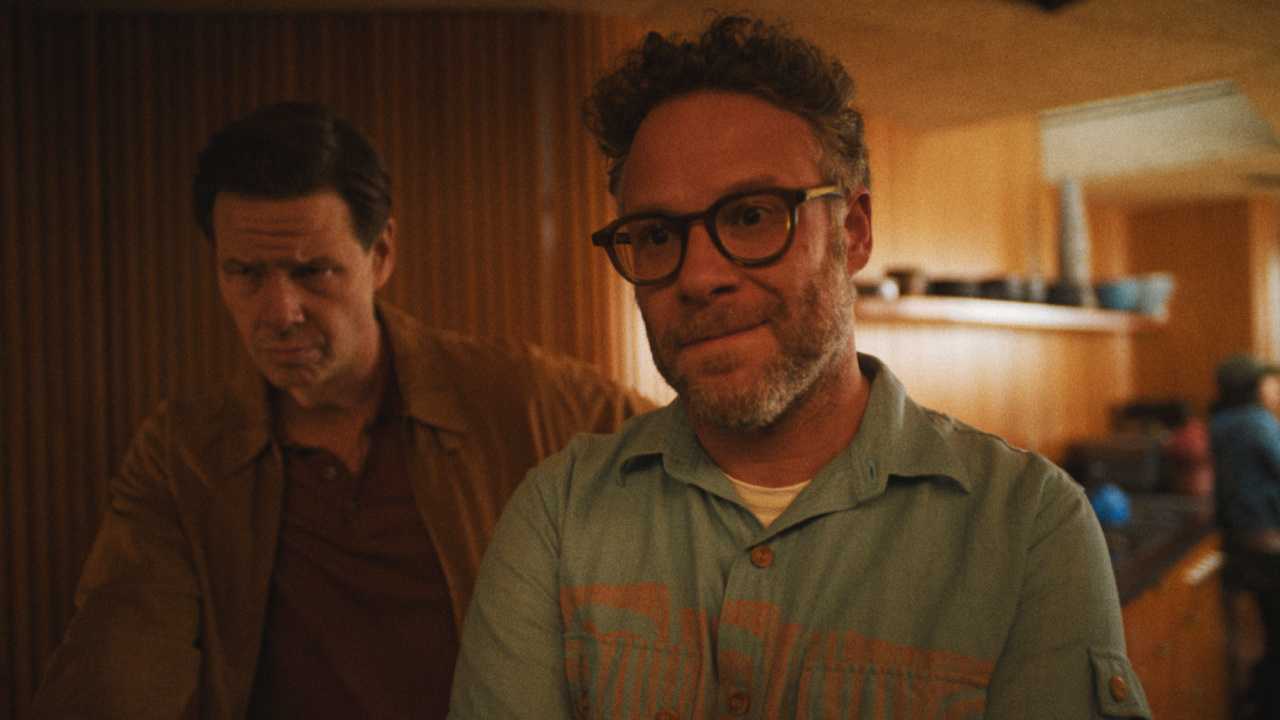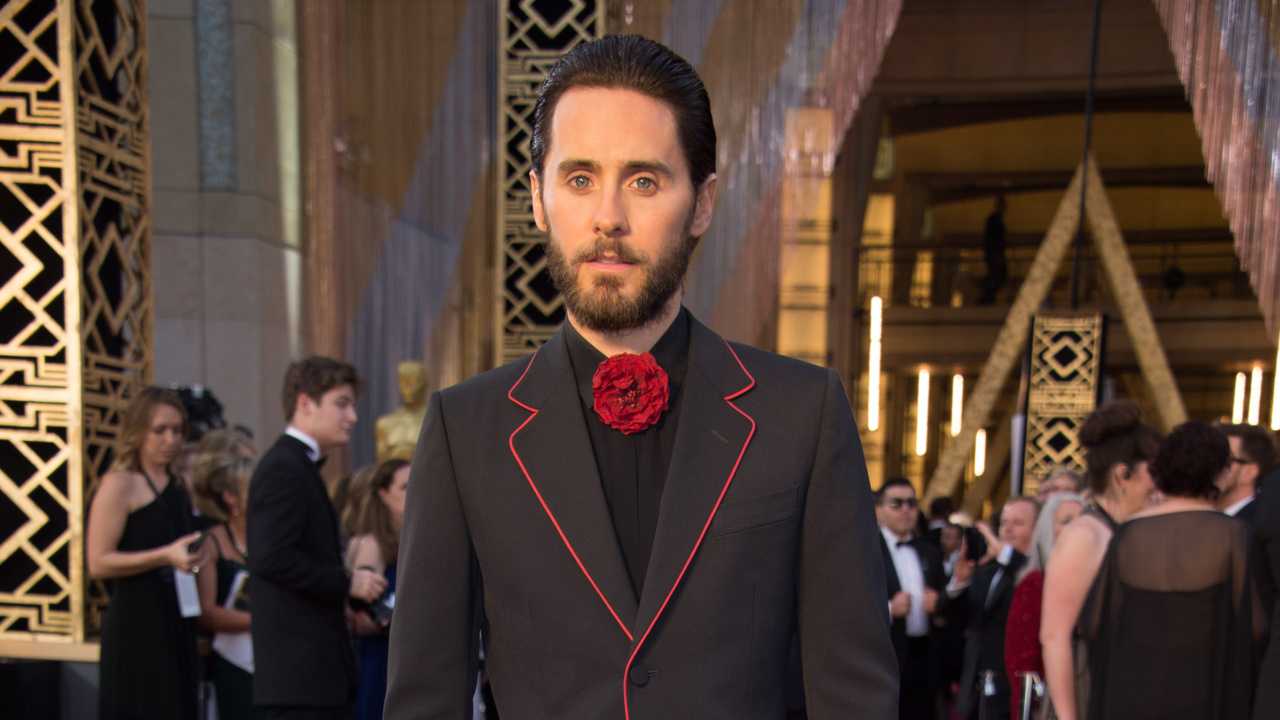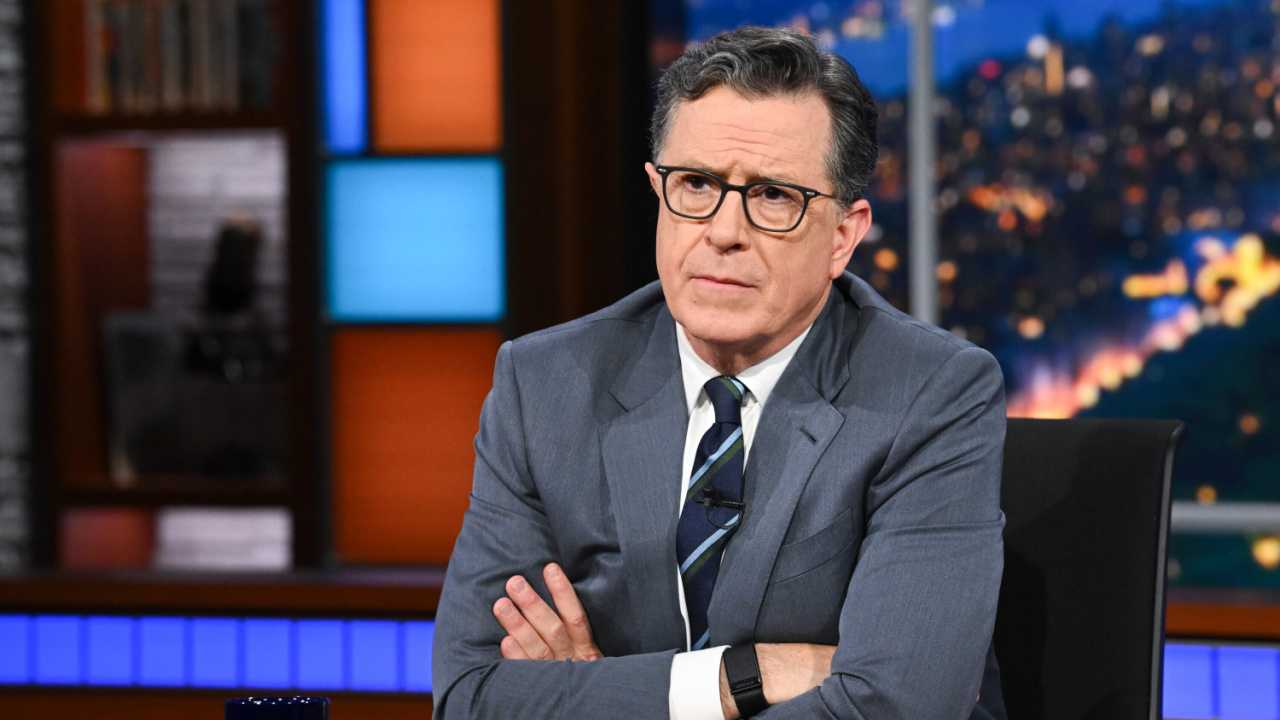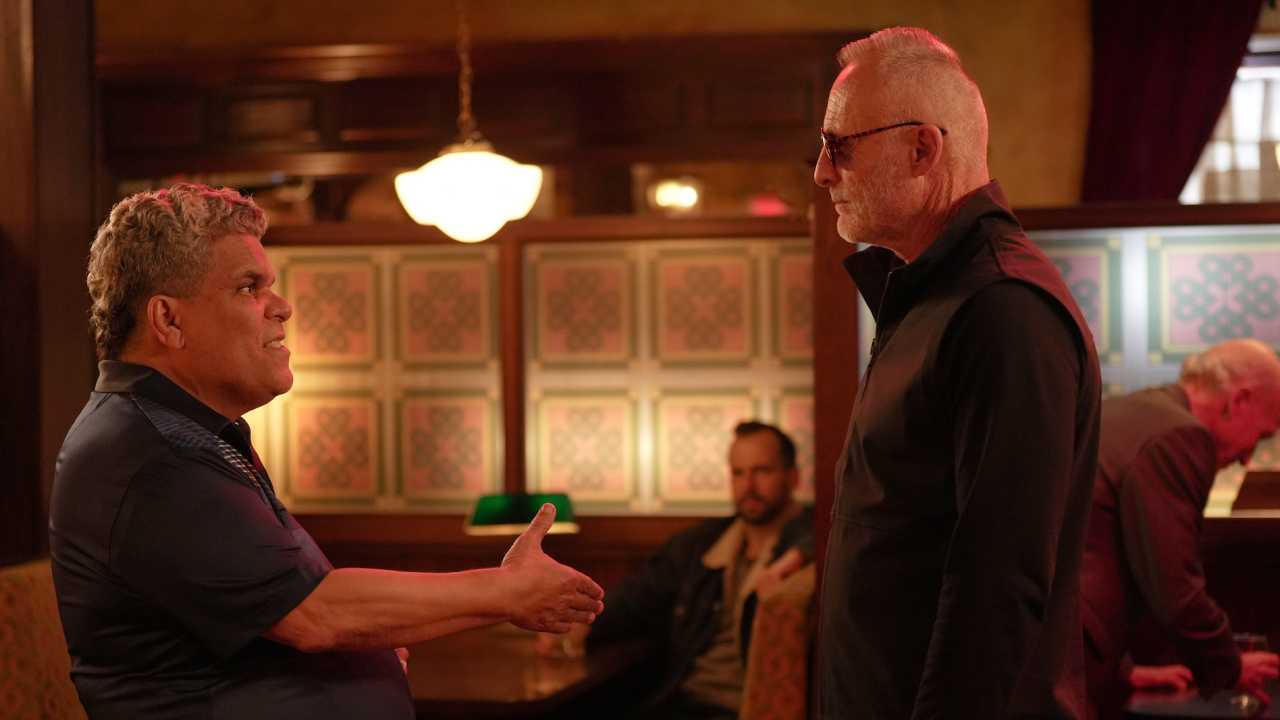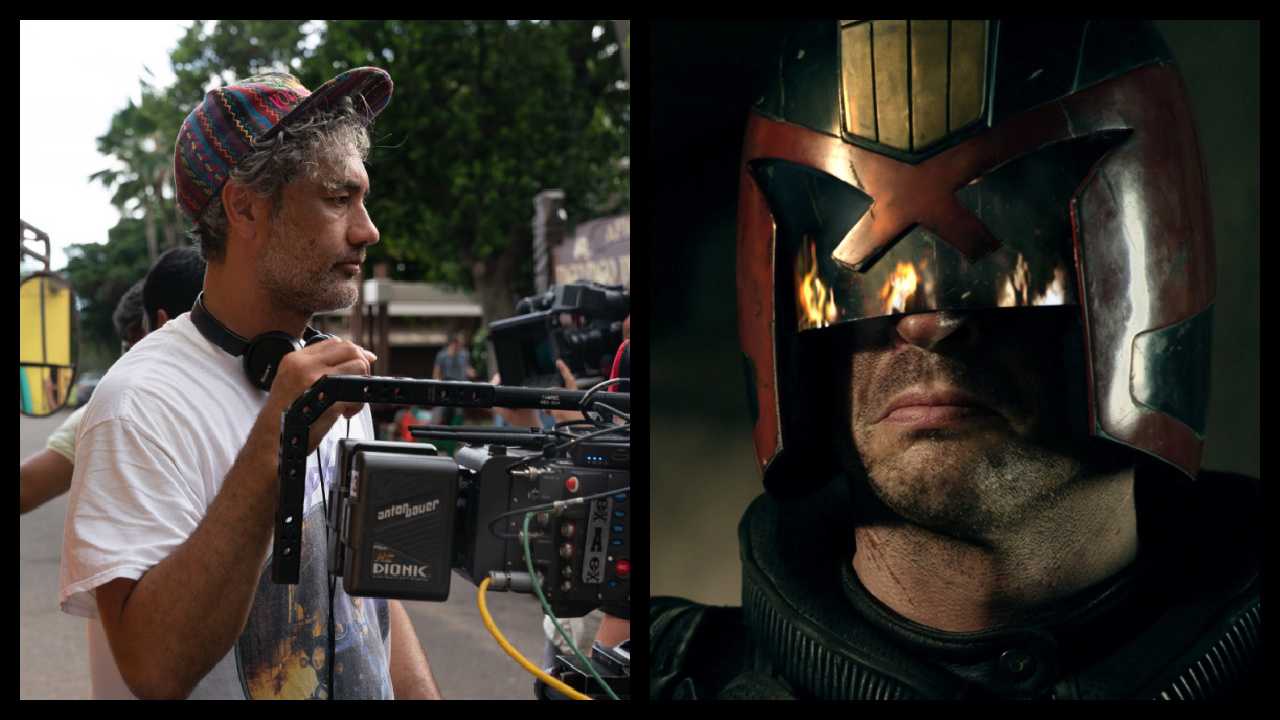6 Reasons Why 'Better Call Saul' Is Just as Good as 'Breaking Bad'
Being a fan of "Better Call Saul," AMC's amazing "Breaking Bad" prequel/spin-off, can be occasionally frustrating, especially when trying to talk to people who don't watch the show. I have had countless conversations that inevitably go something like this:
"Did you watch this week's episode of 'Better Call Saul'"?
"I don't watch that."
"But you watched 'Breaking Bad.'"
"Yeah, but ..."
"It's just as good!"
This is immediately followed by a few seconds of uncomfortable silence and then, I don't know, crickets.
But here's the thing -- it really is just as good as "Breaking Bad"; sometimes I think it's even better than "Breaking Bad," because it's not as stringently shackled to its crime genre roots. Instead, it's something like a legal drama but also a crime thriller but also a story about family. In some ways it's more ambitious, more interesting, and more esoteric than the series from which it sprang. But even if you're not willing to go that far, you need to understand that this show is just as good as "Breaking Bad."
Here are six reasons why "Better Call Saul" (which just started its third season on AMC) is just as good as "Breaking Bad."
1. Bob Odenkirk Gives a Commanding Performance
Nobody could shut up about how good Bryan Cranston was in "Breaking Bad." That's because Bryan Cranston was really good in "Breaking Bad." But you know who is just as good? Bob Odenkirk in "Better Call Saul." It's a different kind of performance. In the main series, Saul Goodman, the trickster lawyer who advises science-teacher-turned-drug-kingpin Walter White and assists him in some of his more nefarious enterprises (like laundering money), was mostly used as comic relief. Like everything in the series, the character took on a grimmer pallor in later seasons, but for the most part he was there for zingy one-liners and was more of a caricature than character. Even his name, a phonetic approximation of "it's all good, man," had a cartoony dimension. But here, he's fully realized. He's Jimmy McGill, an Albuquerque lawyer who stands in the shadow of his superstar brother (played by the great Michael McKean) and who has the hots for a talented colleague (Rhea Seehorn). He hasn't become the huckster we know and love from "Breaking Bad." Instead he's damaged, fragile, and volatile. You can see the man he'll become in the man he is here now, and that is fascinating to see unfold, bit by bit, as the series progresses.
2. The Cadence Is Different
The rhythm of "Breaking Bad" was all its own. There would be action-packed hours followed by smaller, contained "bottle" episodes like "Fly," which had the two main characters trapped in a lab and bickering for the entire duration. "Better Call Saul" is even odder. Sometimes entire cases can take up a season (or more), other times they'll be over and done with even though they seem important. Bit players from the previous show will pop up and threads from earlier episodes will weave, unexpectedly, down the line. The season premiere, for example, was striking for how silent it was. There were large passages of the episode where nobody spoke at all, instead the visuals did all the talking. In a television landscape so cluttered that shows will do anything they can to stand out from the crowd, "Better Call Saul" is defiantly idiosyncratic. And that's amazing.
3. It's Not a Connect-Every-Dot Show
Some thought that this would be a very literal prequel to "Breaking Bad," aligning perfectly like the end of "Rogue One" with the beginning of the very first "Star Wars." But this isn't that kind of show. It's its own thing. So just know that going in. Yes, characters from the previous show will pop up here (this season is set to feature a certain drug titan and fast food chicken entrepreneur) but it doesn't follow a linear path to "Breaking Bad." Nor should it. Instead, this gets lost in the tangential narrative paths that occurred before Walter White started cooking that sweet blue crystal. The fact that it doesn't adhere to what came before it makes it infinitely more enjoyable (especially if you know that going in; sometimes the shock of discovering this can weigh down the experience).
4. It Takes Its Time
One of the things that made this season's premiere episode (co-written and directed by "Breaking Bad" creator Vince Gilligan) is how slow it unfolded. Not in a bad, check-your-watch way. But in a way that felt more novelistic than most things on television. A good half of the episode was Jonathan Banks's Mike Ehrmantraut, here a former police officer and parking attendant (not yet the No. 2 man in a vast criminal empire), looking for a tracking device and devising his own plan to figure out who planted it. Literally he dismantles his own car for ten minutes. And it's amazing. This is just a micro example of the bigger thrill of the show taking its time in terms of catching up to "Breaking Bad." "Better Call Saul" seems to be in no rush to actually align with that show. Its indifference is glorious and it's easy to see this show lasting just as long as "Breaking Bad," if not longer. Trust me when I say that you won't want it to end (or to catch up) either.
5. It's Also Something of a Sequel
While it's not written about as much, "Better Call Saul" is bookended with sequences set after the events of "Breaking Bad." Jimmy (nee Saul) is now Gene, a hardworking employee of a Cinnabon outpost in some godforsaken mall somewhere. Clearly he's in hiding and is beaten down by the events of "Breaking Bad." If he squirreled away any of his drug money from Walter White, it isn't apparent now. He's a hangdog, lonely and dejected. He makes the pastries, interacts with his younger coworkers, eats his lunch alone with a dog-eared paperback crime novel. In this latest episode, fascinatingly, he breaks his low profile for a moment. After ratting out a kid for stealing DVDs (or maybe video games), the kid is being hauled away by mall security. As he starts to shuffle away, Jimmy stands up and yells, "Get yourself a lawyer!" It's a rare moment when his old self shines through and just as quickly as Jimmy (or Saul) appears, he's back, hiding inside Gene. It's my guess that in future episodes (and seasons), the specifics of Jimmy's new life will be detailed. Until then it makes for an incredibly and deeply haunting juxtaposition to his early days in the legal profession.
6. It's Just As Exciting
Just because "Better Call Saul" isn't as straightforward a crime series as "Breaking Bad" doesn't mean that it lacks that series' requisite thrills. This is more of a quirky character drama, like a new Alexander Payne movie delivered to your home each week, but it can also be quite exciting. Some of the excitement comes from knowing where these characters are headed and how they'll end up. (There's also the underlying suspense of what happened to turn Jimmy into Saul; that question permeates the entire series like some eerie fog.) But there are also nifty suspense set pieces, mostly centered around Mike and his underworld dealings but also the incredibly tense relationship Jimmy has with his brother. It's all very uncomfortable and unnerving, in a different way than "Breaking Bad," but just as powerful.

